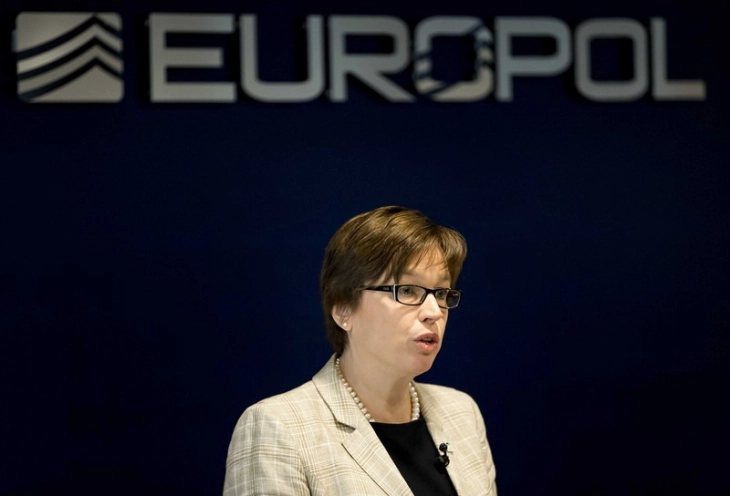According to Europol’s chief, Catherine De Bolle, the efforts to smuggle cocaine into Europe are projected to rise over the next two years due to increased production in South America. De Bolle highlighted the persistent challenge, mentioning that complete cessation of these efforts seems unattainable due to the high demand for cocaine in Europe.
Despite this, Europol has noted growing success in combatting international drug trafficking, with over 300 tonnes of cocaine confiscated last year alone. De Bolle emphasized that Europol’s insights into the organization of drug smuggling have reached unprecedented levels, encompassing both global distribution networks and local sales.
The majority of cocaine enters Europe from South America through sea routes, particularly via the ports of Antwerp and Rotterdam. Customs investigations have increasingly revealed significant drug quantities concealed within shipping containers. Notably, Rotterdam witnessed a record seizure of around 8,000 kilograms of cocaine, valued at approximately 600 million euros, hidden within a container of bananas last August.
While acknowledging that the confiscated amounts might only represent a fraction of the total smuggled cocaine, De Bolle highlighted the impact on criminal groups. These groups are now attempting to retrieve confiscated cocaine, even resorting to equipping shipments with trackers for precise monitoring.
Europol’s recent achievements were made possible after breaking into the gangs’ digital communication channels. This breach provided crucial insights into criminal activities. However, the increased success in intercepting drug trafficking has also led to a rise in drug-related violence throughout 2023. De Bolle mentioned instances of explosive attacks in the Netherlands and Belgium, alongside violent incidents in Sweden and France, as examples of this escalating trend.
Europol has expanded its focus to track money flows in its fight against drug cartels, given that only an estimated 2% of profits are typically discovered and seized. Within Europe alone, Europol estimates cocaine trafficking to exceed €5.7 billion ($6.3 billion) annually.
De Bolle warned about the vast fortunes amassed by criminal gangs, emphasizing their investments in legal economies such as stock markets, real estate, and cryptocurrencies. Additionally, she highlighted the growing concerns of corruption and infiltration, contributing to societal destabilization.




Comments are closed for this post.